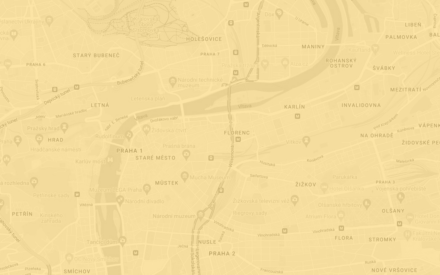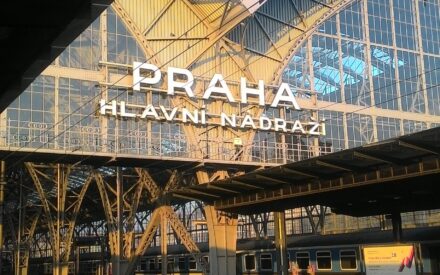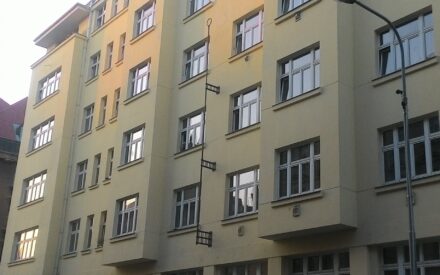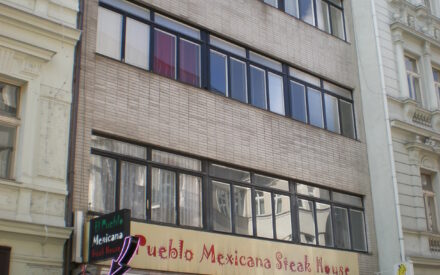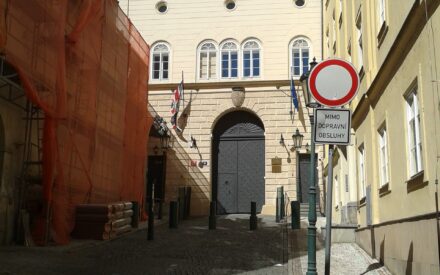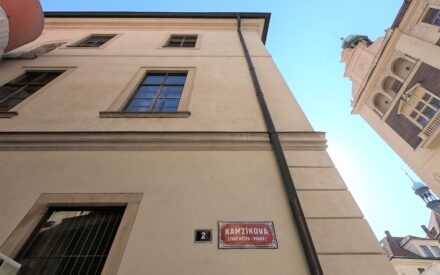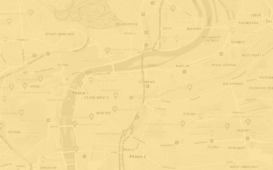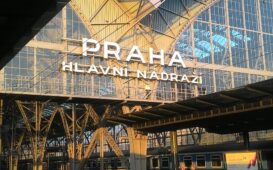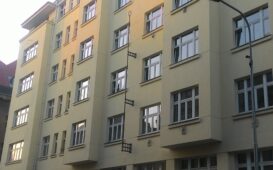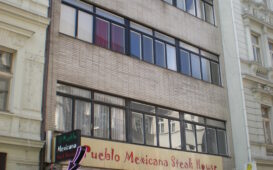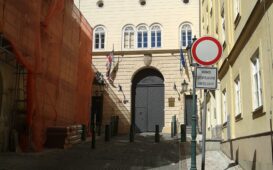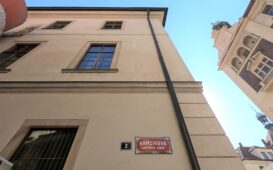Nicholas Winton was not alone: rescuers 1938–1939
As the result of the Munich Agreement of 30 September 1938 the German-speaking areas of Czechoslovakia were annexed to Nazi Germany. Many social democrats and communists from these areas who had taken a stand against the Nazis had no choice but to flee to the Czech interior. Together with many Jews and Czechs, they mostly fled to Prague. They were all aware that they would not be safe in Prague for long. They suspected that sooner or later Hitler would subsume the rest of the Czechoslovak state into German territory, which for them represented a threat to their lives.
Numerous initiatives thus sprang up in an effort to help them travel to safe countries where they could find asylum. Without the help of many domestic and foreign volunteers, many of them would have undoubtedly been unable to reach safety. Nicholas Winton, together with other volunteers, took several hundred Jewish children to Britain. His story is by now well known. However, he was not alone. Doreen Warriner (1904-1971) worked for the British Committee for Refugees from Czechoslovakia, and she managed to obtain British visas for the families of Sudeten German social democrats. She continued her work even after the arrival of German troops on 15 March 1939. She was supported by Robert Stopford, an official from the British embassy, and the Quakers Jean and Tessa Rowntree.
All these people were among those who saved lives in Prague in 1938 and 1939.
See also
Collaboration
Cooperation or collaboration?
Notable Women of German-Speaking Prague
The theme maps important places connected with the history of women's emancipation with a focus on the German minority living in Czechoslovakia in the interwar period.
Paths of Prague’s German-Language Writers
The topic introduces five German-writing authors, both men and women, who described Prague’s streets, secluded places and inhabitants.
